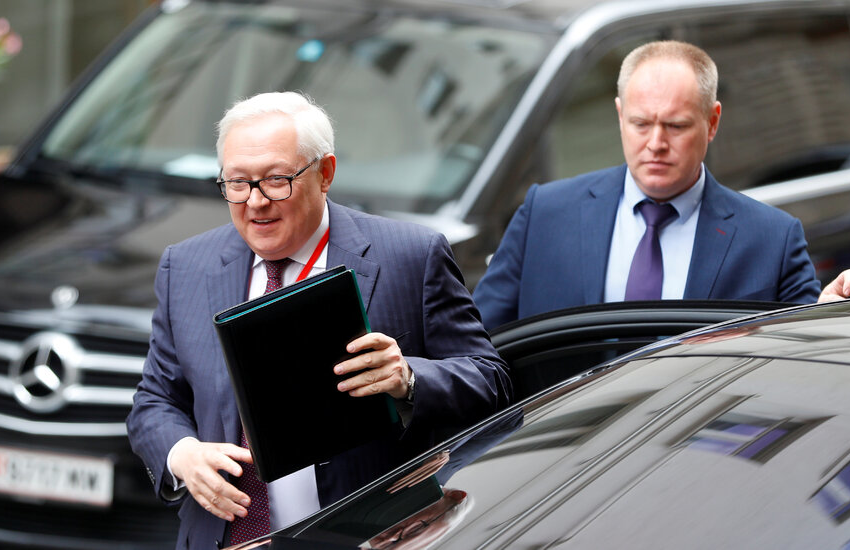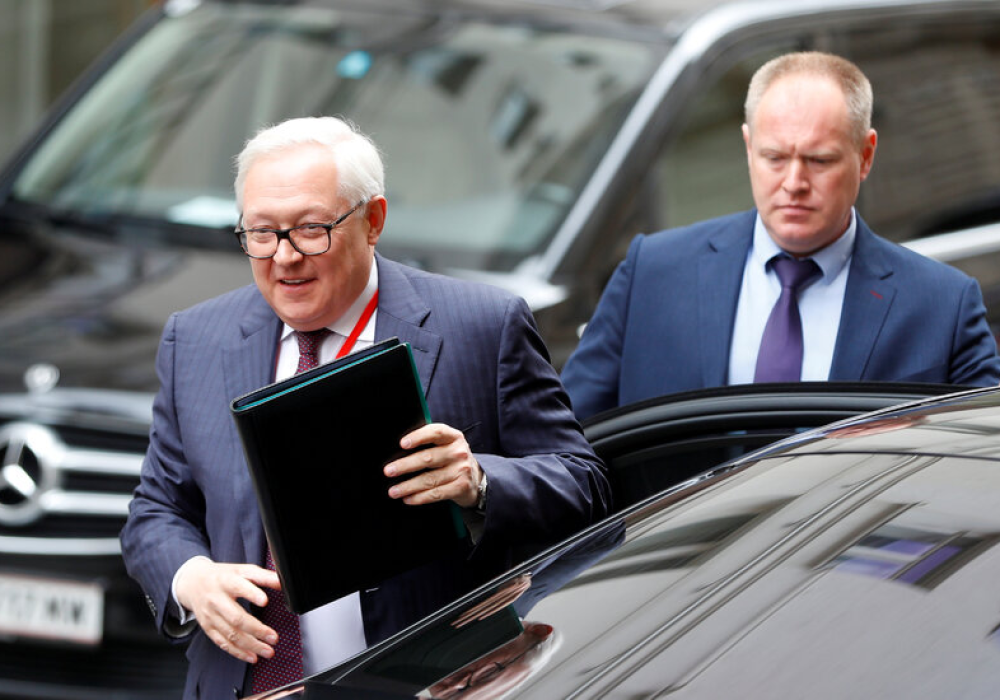GENEVA — A senior Russian official on Sunday warned that the United States was entering high-stakes security negotiations this week with a “lack of understanding” of Moscow’s demands, maintaining the hard-line rhetoric that some analysts and Western officials see as a possible prelude to new Russian military action against Ukraine.
The official, Deputy Foreign Minister Sergei A. Ryabkov, set a pessimistic tone for the talks between Russian and American diplomats in Geneva, in remarks reported by Russian news agencies. Mr. Ryabkov said he was intent on negotiating “dynamically, without pauses,” to prevent the West from “putting the brakes on all this and burying it in endless discussions.”
Mr. Ryabkov will meet Wendy R. Sherman, the deputy secretary of state for the Biden administration, for a working dinner on Sunday ahead of a more formal meeting on Monday.
Russia is seeking what it calls “security guarantees” from the United States and the NATO alliance that would essentially grant the country a sphere of influence including Ukraine and other post-Soviet countries in Eastern Europe. The Kremlin has been backing up those demands by massing tens of thousands of troops and equipment near its border with Ukraine, signaling that it is prepared to use force if diplomacy fails.
The United States has indicated that it is prepared to discuss things like missile basing and military exercises in the region, but Mr. Ryabkov said Sunday that Russia’s aims in the talks would go well beyond arms-control issues. Signals sent by American officials ahead of the talks, he said, “reflect a lack of understanding of what we need,” according to the RIA Novosti news agency.
Mr. Ryabkov said that Russia would seek to revise the relationship with the West that was put in place with the NATO-Russia Founding Act of 1997. That agreement was followed by countries in the former Soviet sphere of influence joining the Western alliance, and many in Moscow see it as having disregarded Russia’s security interests in Europe.
“We need to assure the curtailing of the destructive NATO activities that have been taking place for decades and bring NATO back to positions that are essentially equivalent to what was the case in 1997,” Mr. Ryabkov said, according to the Interfax news agency. “But it is precisely on these issues that we hear least of all any readiness on the part of the American side and NATO to come to an agreement.”










